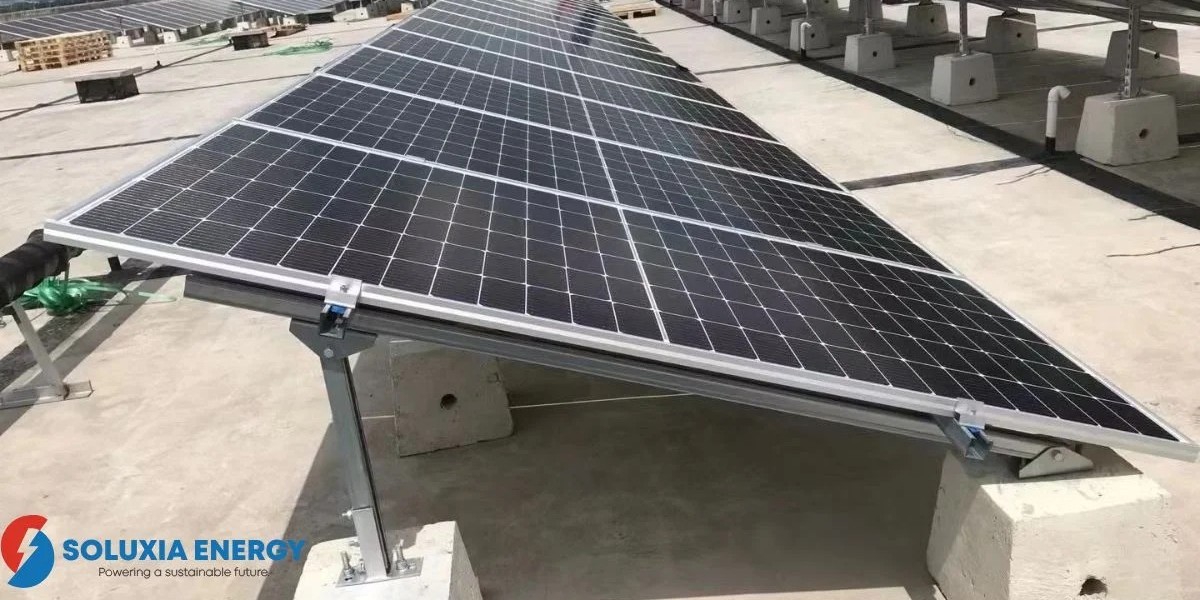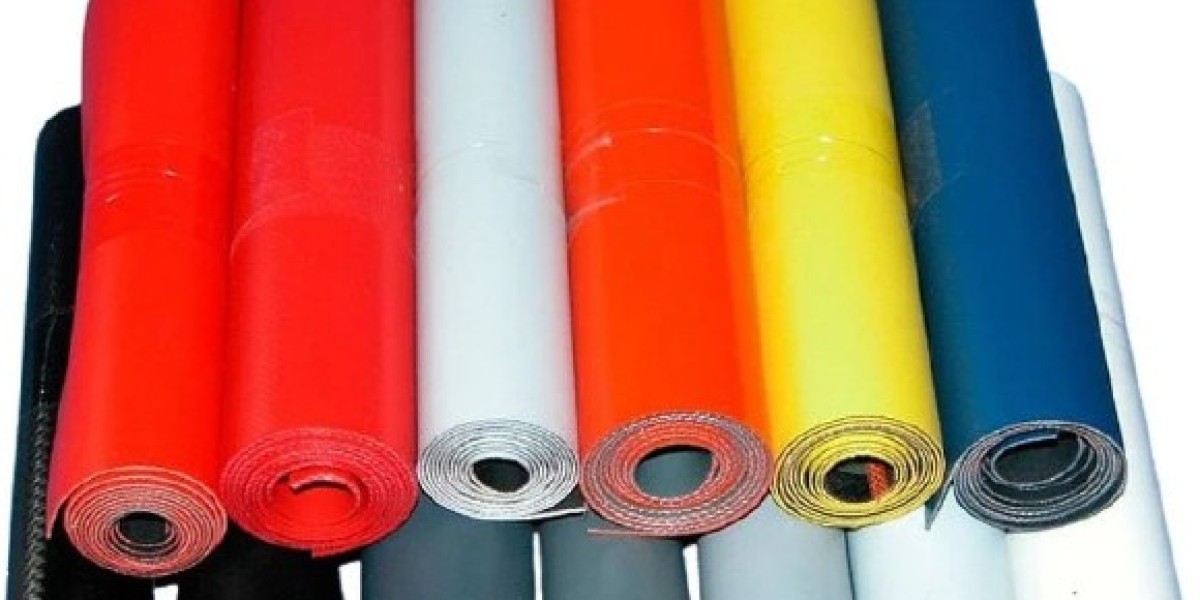In 2025, roof solar panels have become a powerful solution for Pakistani homeowners looking to escape high electricity bills, power outages, and rising energy inflation. With declining solar prices and government support for clean energy, installing solar panels on your roof is more affordable and impactful than ever before. Here's everything you need to know about rooftop solar systems in Pakistan.
☀️ Why Choose Roof Solar Panels?
Roof-mounted solar panels offer multiple benefits for homeowners across Pakistan:
Reduce electricity bills by up to 90%
Avoid load-shedding with consistent power generation
Increase property value and modern appeal
Contribute to environmental sustainability
Benefit from net metering by selling excess energy to the grid
By utilizing your unused rooftop space, you can turn your home into an energy-producing asset.
? Roof Solar Panel Price in Pakistan (2025)
| System Size | Estimated Price (PKR) | Recommended For |
|---|---|---|
| 3 kW | 325,000 – 375,000 | Small homes (basic appliances) |
| 5 kW | 525,000 – 600,000 | Medium homes (2–3 ACs, fridge, fans) |
| 7 kW | 700,000 – 950,000 | Large homes |
| 10 kW | 1,000,000 – 1,400,000 | Villas, shops, small businesses |
These costs typically include solar panels, inverter, mounting structure, wiring, and professional installation. Prices may vary based on system quality and brand.
? Cost per Watt in 2025
Monocrystalline Panels: PKR 70 – 90 per watt
Polycrystalline Panels: PKR 45 – 65 per watt
Thin-Film Panels: PKR 35 – 50 per watt
For better efficiency and long-term value, monocrystalline panels are the top choice in urban areas, while polycrystalline is ideal for rural installations due to affordability.
? Additional System Components
To complete a rooftop solar system, you'll also need:
Inverter: PKR 30,000 – 60,000 per kW
Battery backup (optional): PKR 20,000 – 70,000 per kWh
Net metering setup: PKR 100,000 – 150,000
Installation charges: PKR 10,000 – 20,000 per kW
Hybrid systems that include battery storage are ideal for areas facing frequent power outages.
?️ Roof Suitability and Installation Tips
Before installing, ensure your roof is ready for solar:
Sunlight Exposure: South-facing roofs receive the most sunlight.
Roof Strength: Should support mounting structures and wind loads.
Space Availability: 1 kW system needs approx. 80–100 sq. ft.
Flat Roofs: Require angled brackets to optimize solar exposure.
Waterproofing: Ensure no leakage or structural damage during installation.
Always choose certified solar professionals for a safe, compliant, and efficient setup.
⚙️ How Net Metering Works
Net metering allows you to connect your roof solar panel system to the national grid. When your system produces more electricity than you use, the extra units are exported to the grid. In return, you receive credits on your monthly electricity bill.
Available for 3 kW+ systems
Approval from NEPRA is required
Payback period: 3 to 5 years
Saves up to 90% on bills
? Who Should Install Roof Solar Panels?
Urban homeowners seeking long-term energy savings
Families facing frequent power outages
Environmentally conscious households
Homeowners with high monthly electricity bills
Property owners investing in home upgrades
? Conclusion
Choosing roof solar panels is a smart decision for homeowners looking to save money and secure a cleaner energy future. With decreasing prices, net metering support, and increasing electricity rates, rooftop solar installations are becoming a necessity rather than a luxury.
Make the move to solar today—transform your rooftop into a source of power, value, and peace of mind.








